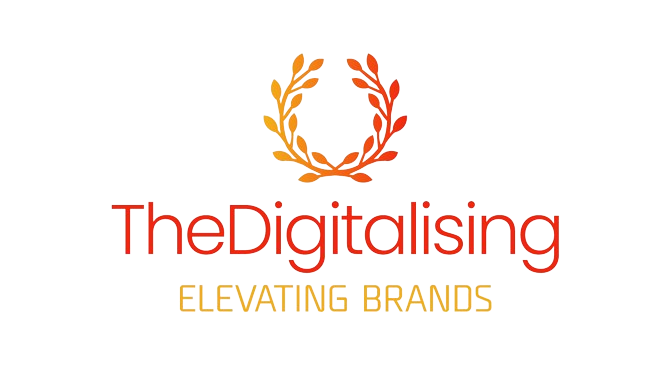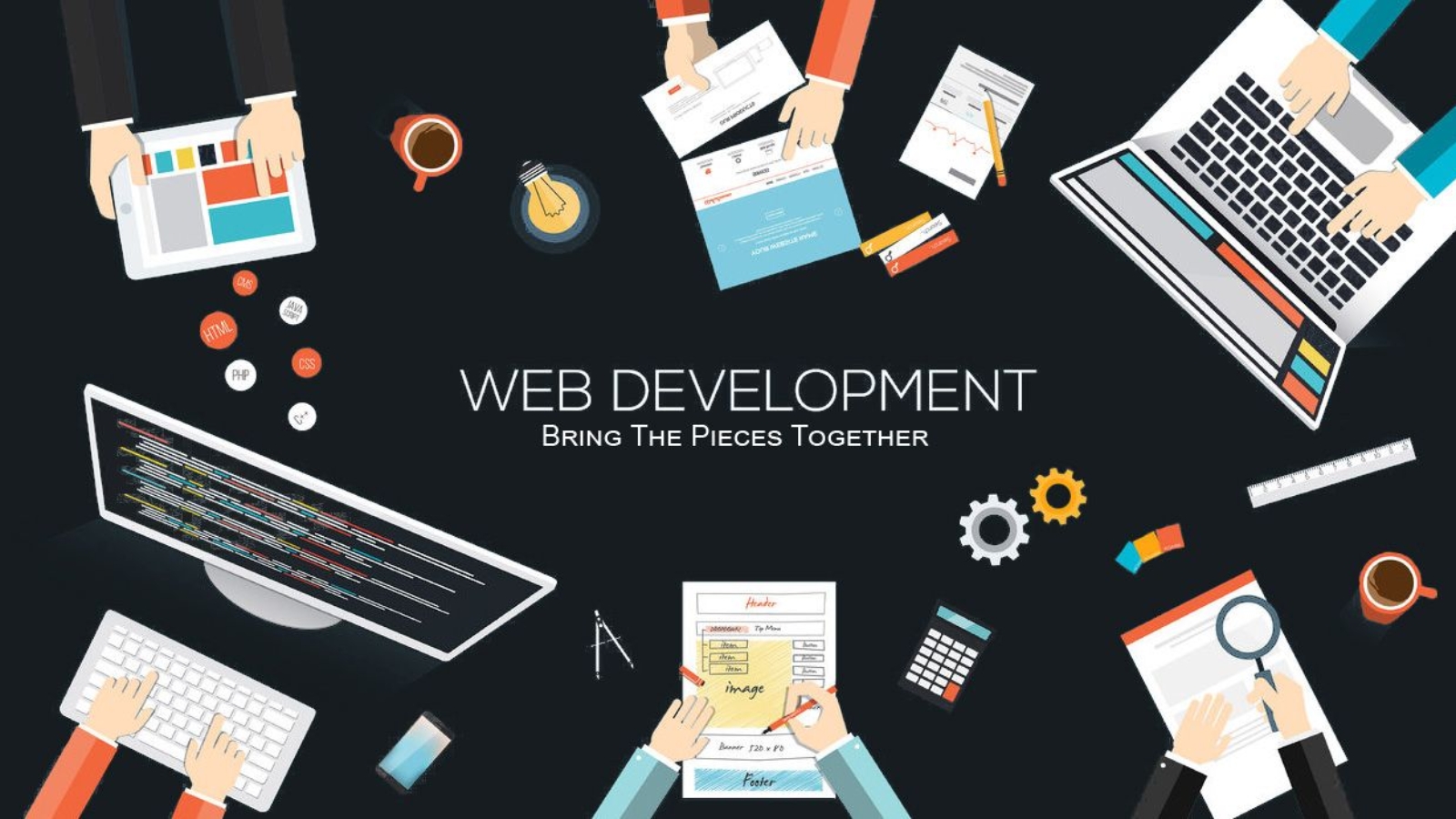In the dynamic world of web development, mastering essential tools and techniques is crucial for creating robust and efficient websites. Whether you’re a seasoned developer or just starting out, staying updated with the latest tools can significantly streamline your workflow and enhance productivity. Here, we delve into some of the fundamental tools every web developer should be familiar with:
- Text Editors and Integrated Development Environments (IDEs): Choosing the right text editor or IDE is akin to selecting your work desk. Popular choices like Visual Studio Code, Sublime Text, and Atom offer features such as syntax highlighting, code completion, and plugin support, making coding more efficient.
- Version Control Systems (VCS): Git reigns supreme when it comes to version control. Its ability to track changes, manage collaborative projects, and facilitate branching and merging makes it indispensable for developers working in teams.
- CSS Preprocessors: Tools like Sass and Less allow developers to write CSS in a more structured and efficient manner, with features like variables, mixins, and nested rules that simplify styling large-scale projects.
- JavaScript Frameworks and Libraries: Frameworks such as React, Angular, and Vue.js, along with libraries like jQuery, provide reusable components and streamlined ways to manage interactive elements, making web applications more responsive and dynamic.
- Testing and Debugging Tools: Tools like Chrome Developer Tools, Jest, and Selenium help developers identify and fix bugs, optimize performance, and ensure cross-browser compatibility, enhancing the overall quality of web applications.
- Task Runners and Build Tools: Automating repetitive tasks with tools like Gulp and Webpack improves development efficiency by compiling code, optimizing assets, and managing dependencies, allowing developers to focus more on writing quality code.
- Responsive Design Frameworks: Frameworks such as Bootstrap and Foundation offer pre-built components and responsive grids, simplifying the creation of mobile-friendly websites and ensuring a consistent user experience across devices.
- Content Management Systems (CMS): Platforms like WordPress and Drupal provide robust frameworks for building and managing websites, offering plugins, themes, and administrative tools that cater to various content management needs.
By mastering these essential tools and techniques, developers can streamline their workflow, build scalable and high-performing websites, and stay ahead in the competitive field of web development. Continuous learning and adaptation to new tools and trends will further empower developers to create innovative solutions that meet the evolving demands of the digital landscape.


Leave a Comment